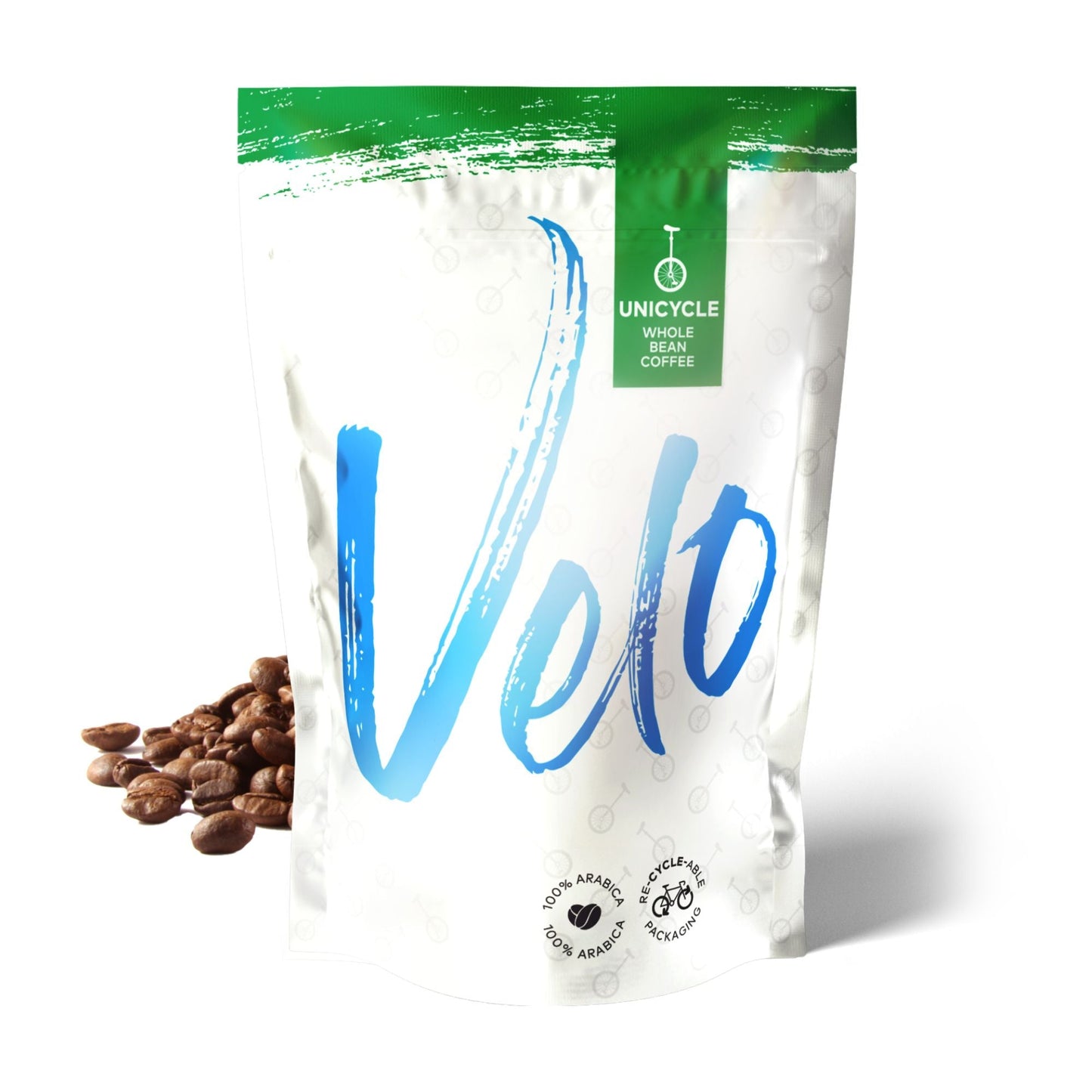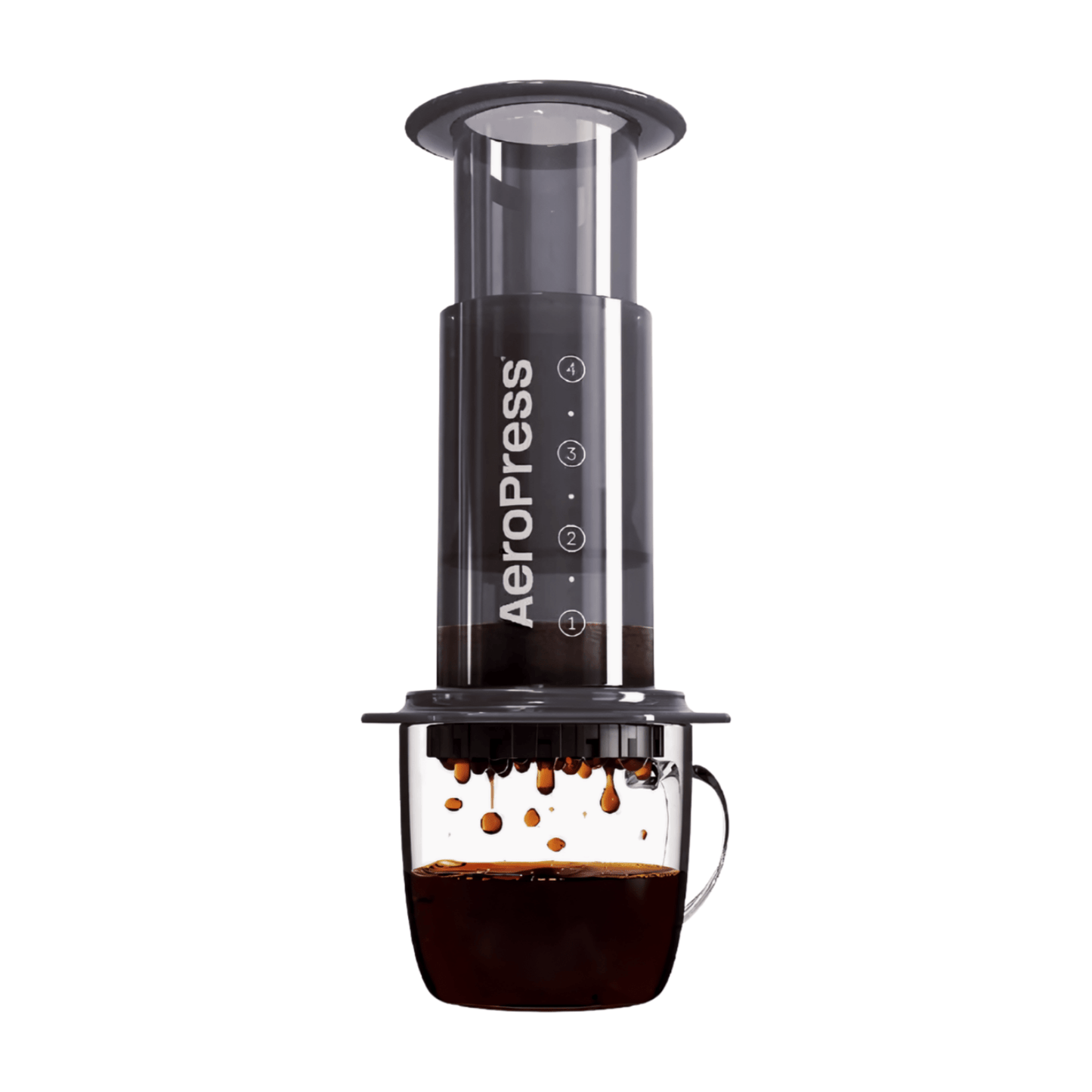
Don’t drink coffee to wake up - wake up to drink coffee!
Have you tried our delicious Decaf coffee yet? It’s from Ratnagiri Estate in India. We have a range of coffees from this farm, and we hope you enjoy this one too. Our decaf coffee is quite unique because we DON’T decaffeinate the beans ourselves! Did you also know that decaf coffee is not 100% caffeine free? Don’t worry, there’s only about 3% of the caffeine in the beans leftover so feel free to enjoy a cuppa right before bedtime if you want!
So, you’re probably wondering how our coffee beans get decaffeinated, right? Well, there are a number of decaffeination processes that coffee beans can go through, but our beans go through a process called “C02”. This is a unique method because it is natural, results in no waste, uses no artificial ingredients or chemicals, and applies enough pressure to essentially crush that caffeine out of the coffee beans. But, what actually is this process?
The coffee beans are first soaked in water and they will swell to a size that is optimal for caffeine extraction. The beans are then placed in a stainless steel extraction vessel, and the vessel is sealed. The C02 comes in next! In its liquid form, the C02 is pumped into the beans at around 454kg (OR 1,000lbs) of pressure per square inch at about 93ºC. This is the high-pressure process of the C02 process.
The C02 begins to remove the water and caffeine from the coffee beans. This part of the process takes anywhere from 5 - 7 hours. But where does all the caffeine go? Don’t worry, the caffeine certainly doesn’t go to waste. It can be recirculated and sold to companies that add caffeine to their products - it never ends!
Once the caffeine is removed from the beans, about 97% of the caffeine is removed from the beans! So for example, a cup of coffee generally has 95 mg of caffeine; decaf coffee has about 2 mg. Decaf beans tend to be smoother, easier on the palate, and not overpowering. Go on, enjoy a cup of our Ratnagiri Estate Decaf coffee, anytime of the day, OR night!






